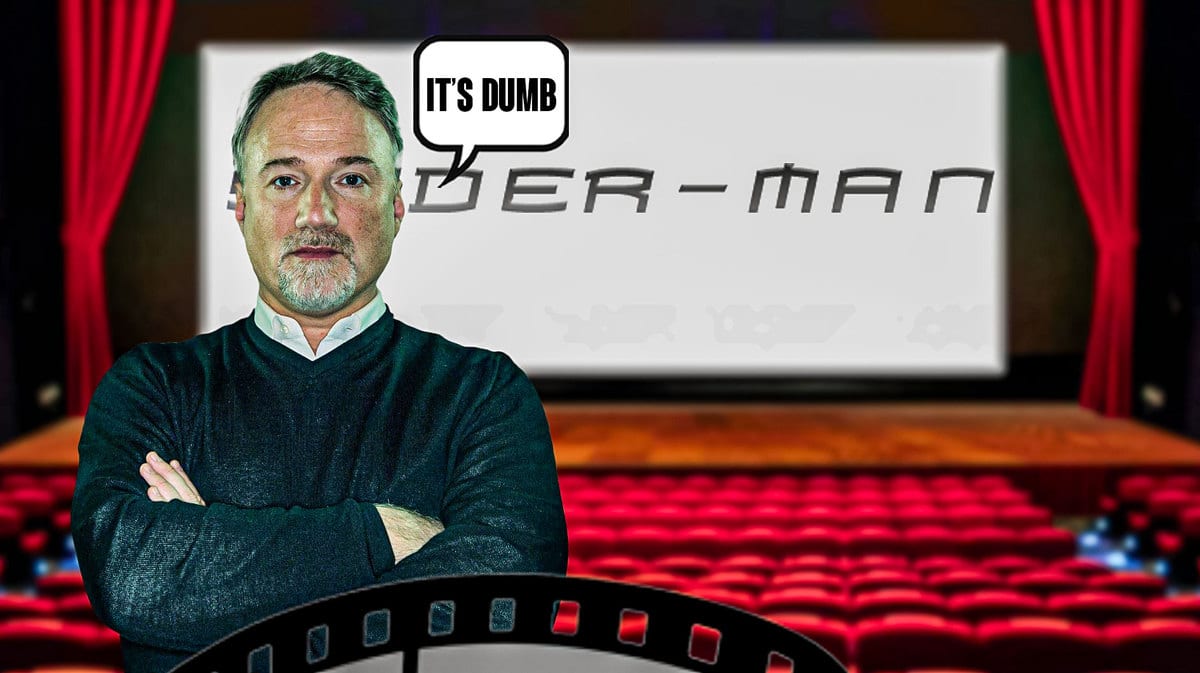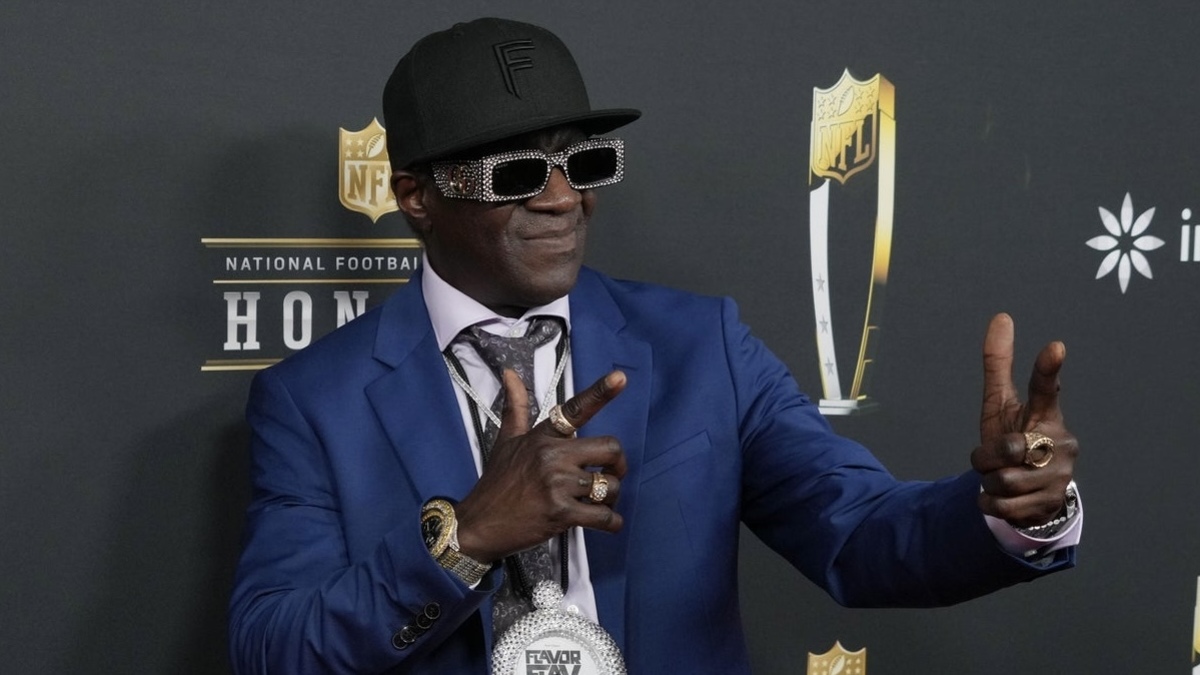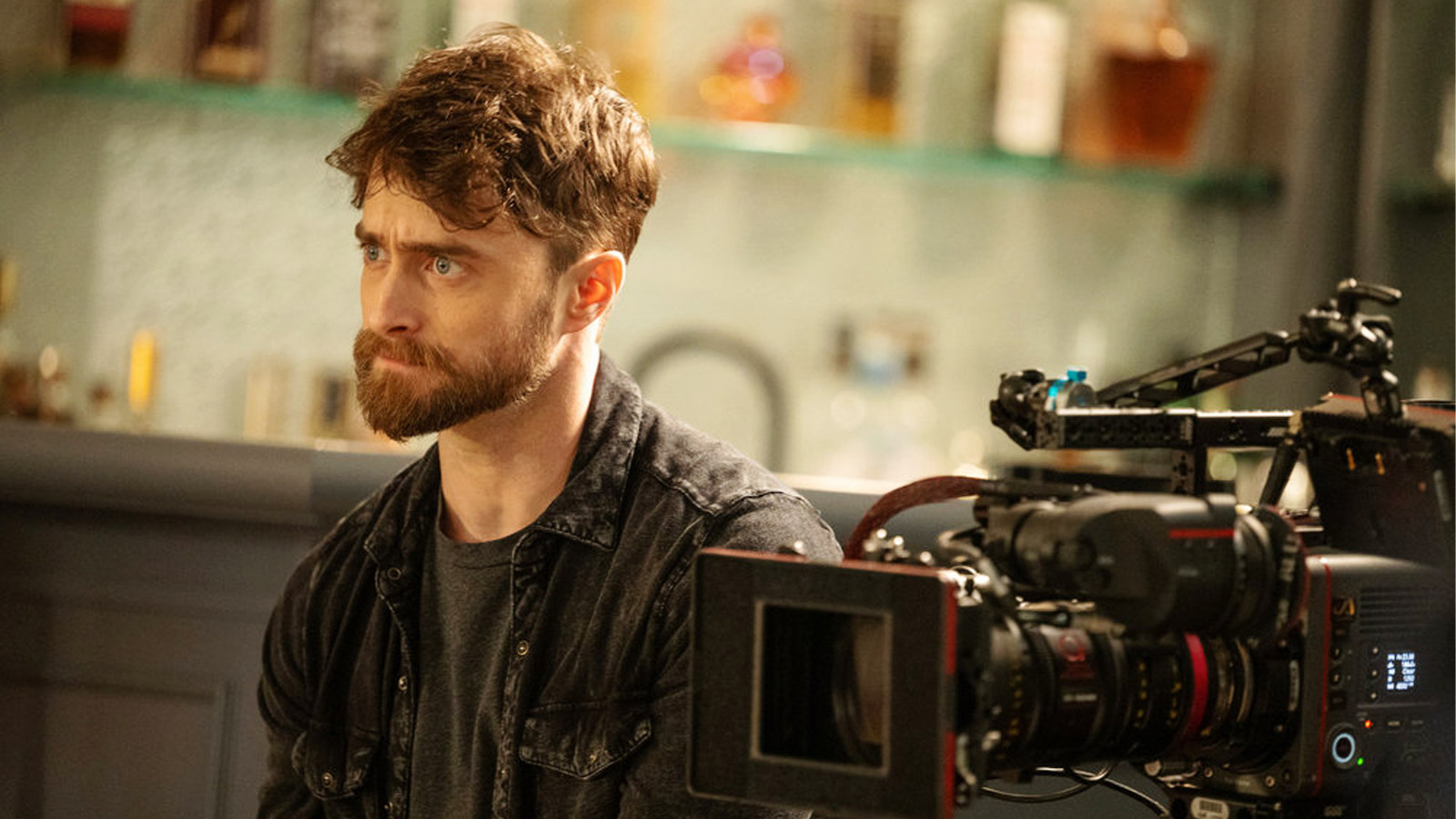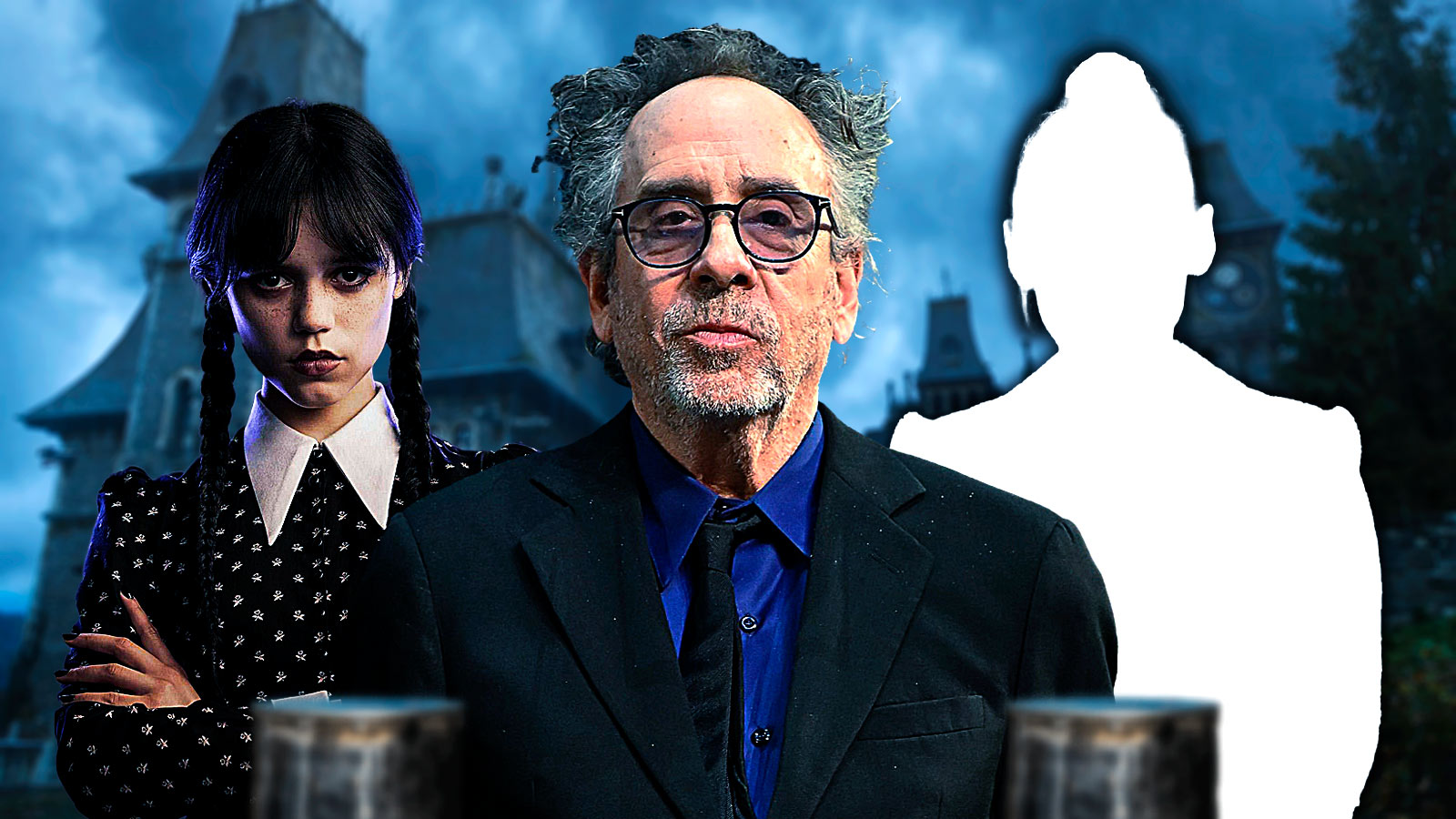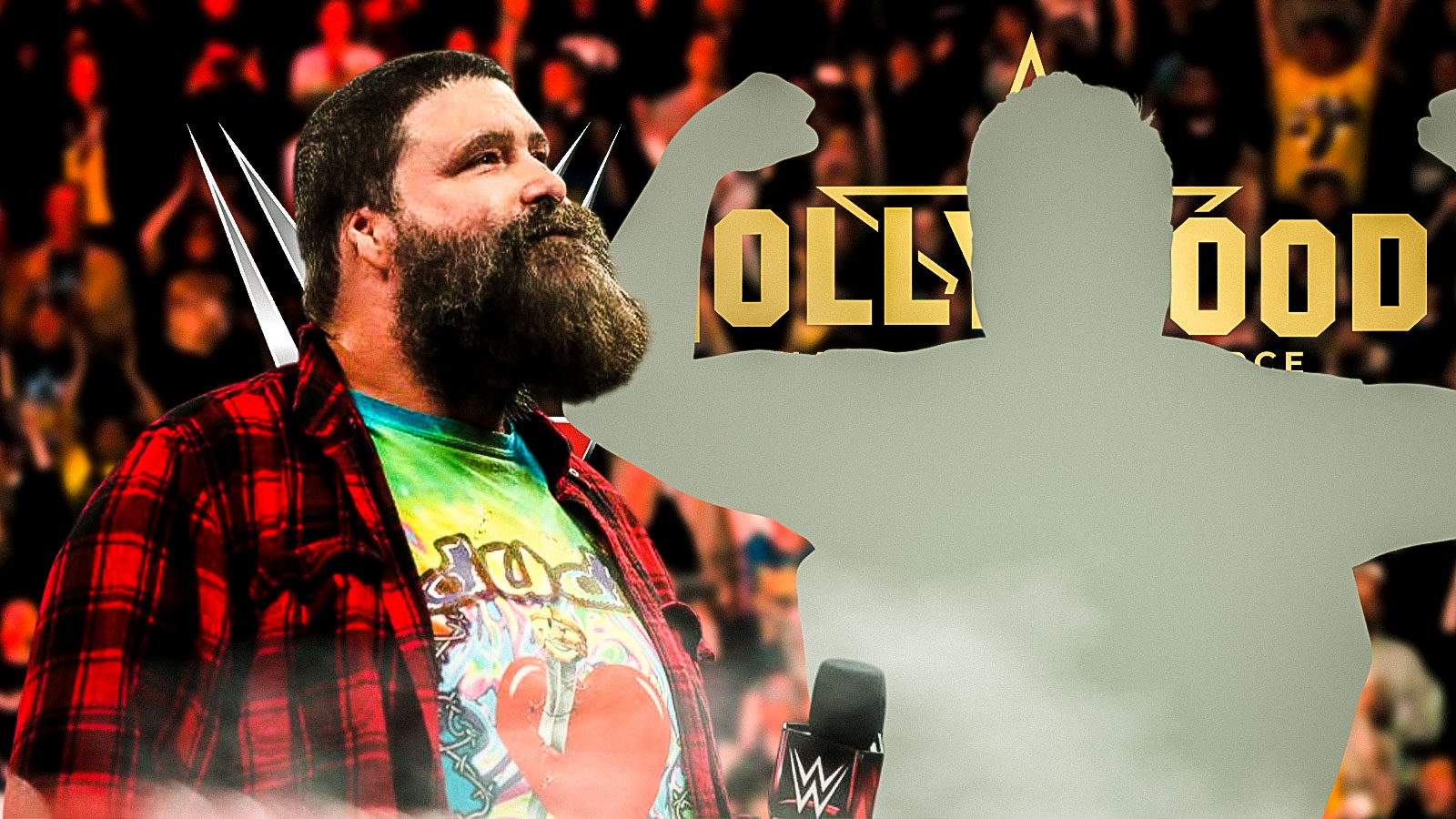While speaking on his new film The Killer, director David Fincher offered some insight into his pitch for 2002's Spider-Man and why the hero's origin proved to be a sticking point between him and Sony.
The director spoke with The Guardian about his experience meeting with Sony in 1999 to offer his pitch for a potential Spider-Man movie as the studio was trying to get it off the ground. He said one part of his pitch that wasn't included, though, was showing the hero's actual origin story of gaining powers after being bitten by a radioactive spider.
“They were like: ‘Why would you want to eviscerate the origin story?’” Fincher told The Guardian. “And I was like: ‘’Cos it’s dumb?’”
David Fincher says his pitch for his ‘SPIDER-MAN’ film in 1999 didn’t include Peter’s origin story.
“They weren’t fucking interested… they were like: ‘Why would you want to eviscerate the origin story?’ And I was like: ‘’Cos it’s dumb?’”
(Source: https://t.co/b5kemw8fPo) pic.twitter.com/CMIi7nBPgS
— DiscussingFilm (@DiscussingFilm) October 27, 2023
Fincher admitted he understood why Sony wanted the origin in the film and fans' connection to it, so decided to move on from the potential project. Sam Raimi would ultimately be brought on to direct the first of what became a trilogy starring Tobey Maguire as the titular hero.
The comments are on-par for Fincher who, over his roughly 30 year career directing, hasn't typically been one to mince words. After his directorial debut with 1992's Alien 3, the director became much more hands-on and protective of the projects he would sign on for. His next film, 1995's Se7en, was just the first example as he was very protective of the film's original ending, which New Line Cinema repeatedly tried to change.
However, in the case of Spider-Man, some can argue that it is understandable why Sony would have been adamant about keeping his origin story in the film especially given the time it was being made.
Comic book movies were still a rarity at the time between the declining popularity of WB's Batman films, the Superman films of the late-70s and 80s, and 1998's darker, more mature Blade film. Sony may have felt compelled to keep the origin in to educate viewers who may not be as familiar with Spider-Man's entire story and potentially translate better to the movie screen.

